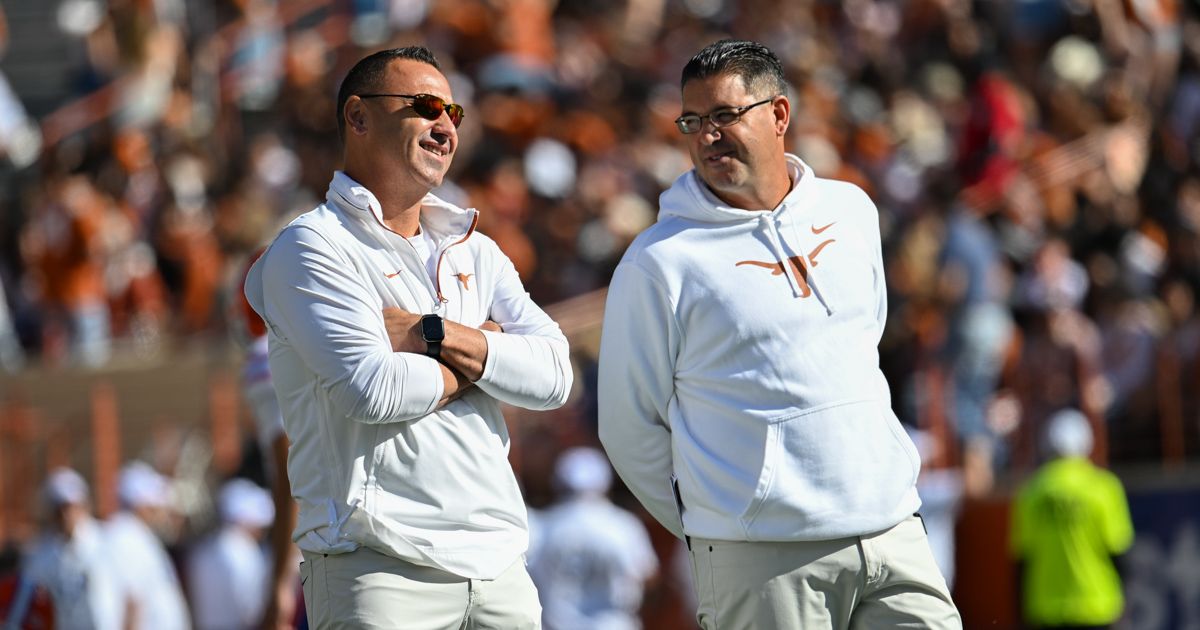The Premier League have seen their latest attempt to tweak how football’s wealth is distributed hit a roadblock.
According to The Athletic, the English Football League (EFL) rejected a redistribution proposal just weeks before a landmark bill introducing an independent football regulator was passed.
The offer was made in April and backed by Premier League chief executive Richard Masters. However, it fell short of the EFL’s long-standing demand for 25% of the top flight’s television rights revenue.
That has been a huge sticking point in negotiations about bridging the financial gap between the Premier League and lower divisions.
Speaking in the House of Lords on July 15, West Ham United vice-chairman Karren Brady revealed that the EFL board had turned down what she described as a “credible and generous” proposal.
Brady is one of many voices that have campaigned against the incoming regulator and warned that it could entrench a “closed shop” among the league’s elite clubs.
However, she cautioned that the Premier League’s “future success” is not guaranteed, pointing to the growing threat from FIFA and UEFA expanding their competitions and commercial reach.
Despite the setback, the Premier League remains hopeful that they can reach a deal without outside intervention.
The independent regulator will be formally established by November, although it is expected to take time to become fully operational.
For now, the Premier League and EFL will carry on with their existing arrangements without a deadline to focus on as far as any of the authorities potentially involved in any discussions are concerned.
The debate stems from the Premier League being cautious about surrendering too much of its broadcasting income.
They fear it could weaken the league’s competitive edge and reduce their ability to invest in both top-tier football and the game as a whole.
On the other hand, the EFL argues that a larger share of the game’s richest revenue stream is essential for the sustainability of its 72 clubs, many of which face ongoing financial challenges.
.png)
 German (DE)
German (DE)  English (US)
English (US)  Spanish (ES)
Spanish (ES)  French (FR)
French (FR)  Hindi (IN)
Hindi (IN)  Italian (IT)
Italian (IT)  Russian (RU)
Russian (RU) 




Comments